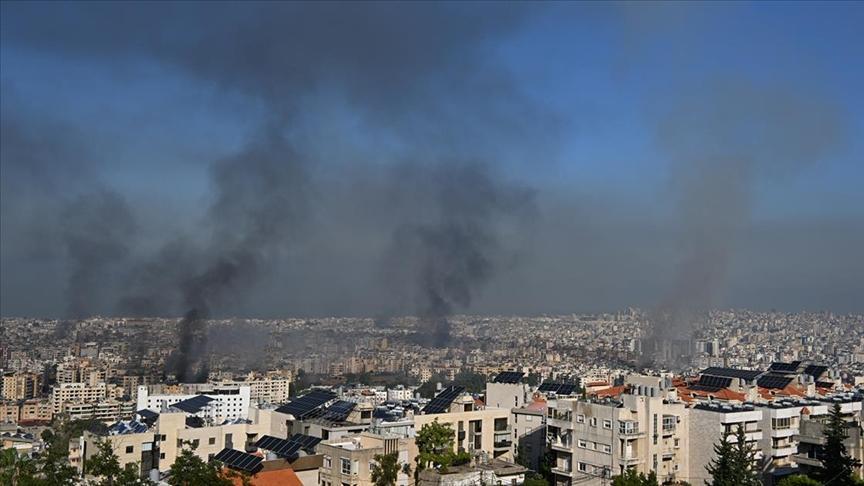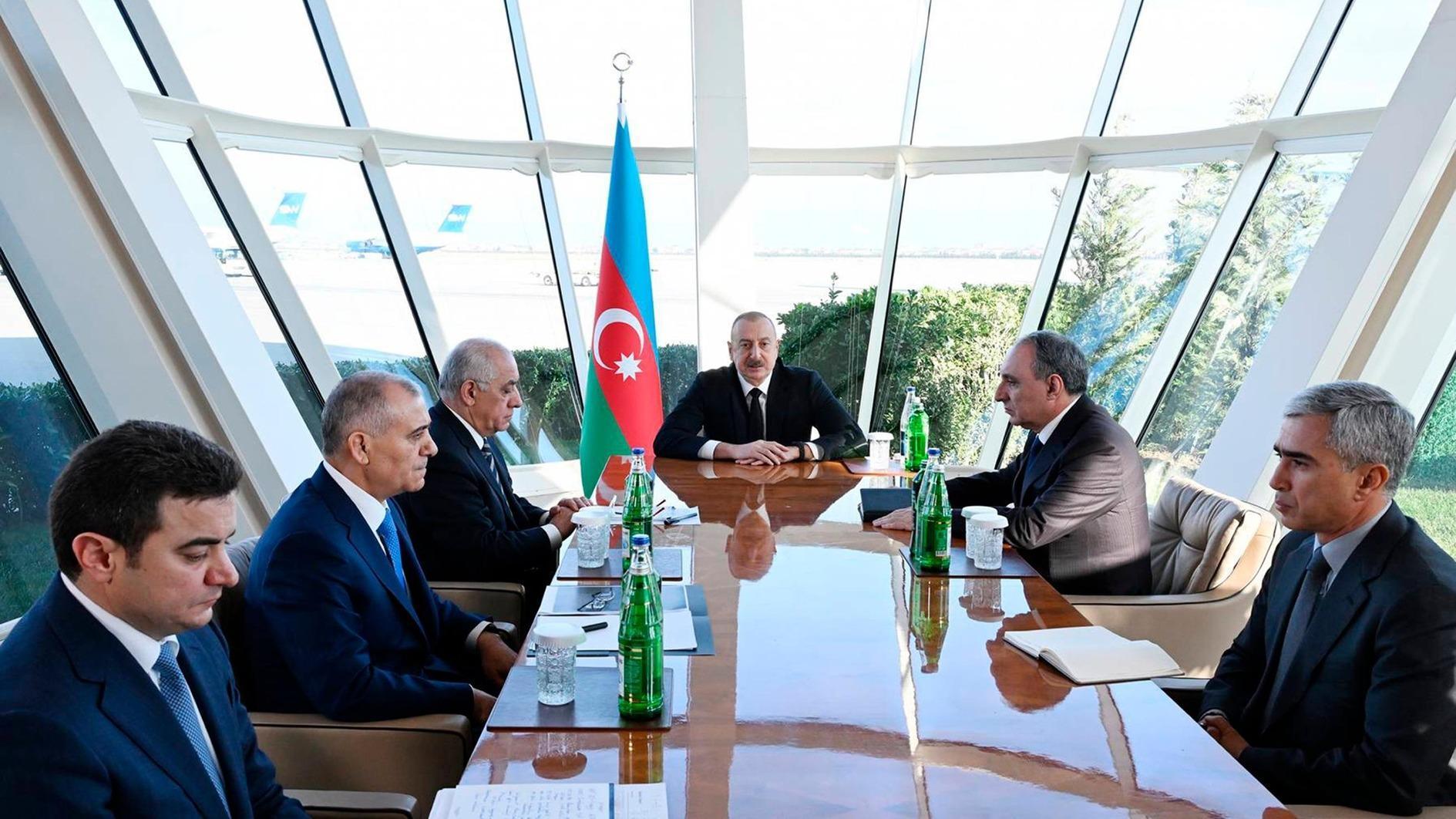After Gül, Kılıç burns bridges with Erdoğan
SERKAN DEMİRTAŞ
Last Friday, April 18, it was President Abdullah Gül who meant to burn bridges with Prime Minister Recep Tayyip Erdoğan. This Friday, April 25, he was followed by the head of the Constitutional Court, Haşim Kılıç, who severely slammed the government over judicial matters in the presence of Erdoğan. Gül is naturally on the top of the protocol list while Kılıç occupies the fourth seat of the protocol.Erdoğan, on the third rank of the list, found the support from the number two of the state protocol, parliamentary speaker Cemil Çiçek. This is a just quick indication of how the political fight is huge in Turkey, on the very eve of presidential elections.
Kılıç’s 30-page statement Kılıç was, in fact, a comprehensive outline of Gül’s statement last week, that he has no political plans for the future under today’s conditions. And what Kılıç did April 25 was explain “today’s conditions” in the most apparent, direct and offensive way. We have no evidence of an alliance between Gül and Kılıç, but it’s only obvious the two men found themselves in the same camp. Another interesting common point from these two is that while Gül will retire in four months, Kılıç will in ten months. And both of their names are counted among potential presidential candidates, although Kılıç denies it and Gül prefers to remain silent regarding another term at the presidency.
At this point we have arrived at; it’s hard to make a sound forecast over how Kılıç’s intervention will have an impact on presidential elections. His challenge against Erdoğan naturally drew appreciation from the oppositional parties, but it’s not sure whether he could be a common nominee for these parties in the presidency.
As for today, all oppositional parties are planning to appoint their own candidates for presidency. The Republican People’s Party (CHP) is already in a minor discussion over the results of the local polls and its chairman Kemal Kılıçdaroğlu’s statement that the CHP’s candidate would be someone with no political background has already drawn cool breezes inside the party. Devlet Bahçeli, leader of the Nationalist Movement Party (MHP), announced they will appoint one of their friends from the party for this prestigious position. As for the moment, it’s not very probable that these two parties will ally with each other for presidential candidacy, even for Kılıç.
It’s true that Kılıç’s statement was highly political compared to his previous speeches. He had mildly criticized politics in the past, but he was careful in keeping his credibility in the eyes of everyone. April 25 was another milestone in Turkish politics, where the country’s top judge openly declared war against the government. But this is just the reflection of the action and reaction principle.
Erdoğan’s government’s efforts to control the judiciary, to reshape judicial institutions, to play on very critical bodies, to purge thousands of judiciary members in a bid to cover up corruption and graft claims are the reasons for today’s outcry from the top judge. If Kılıç is highly politicized today, it’s only because of Erdoğan’s interventions with the independence and impartiality of the justice.











